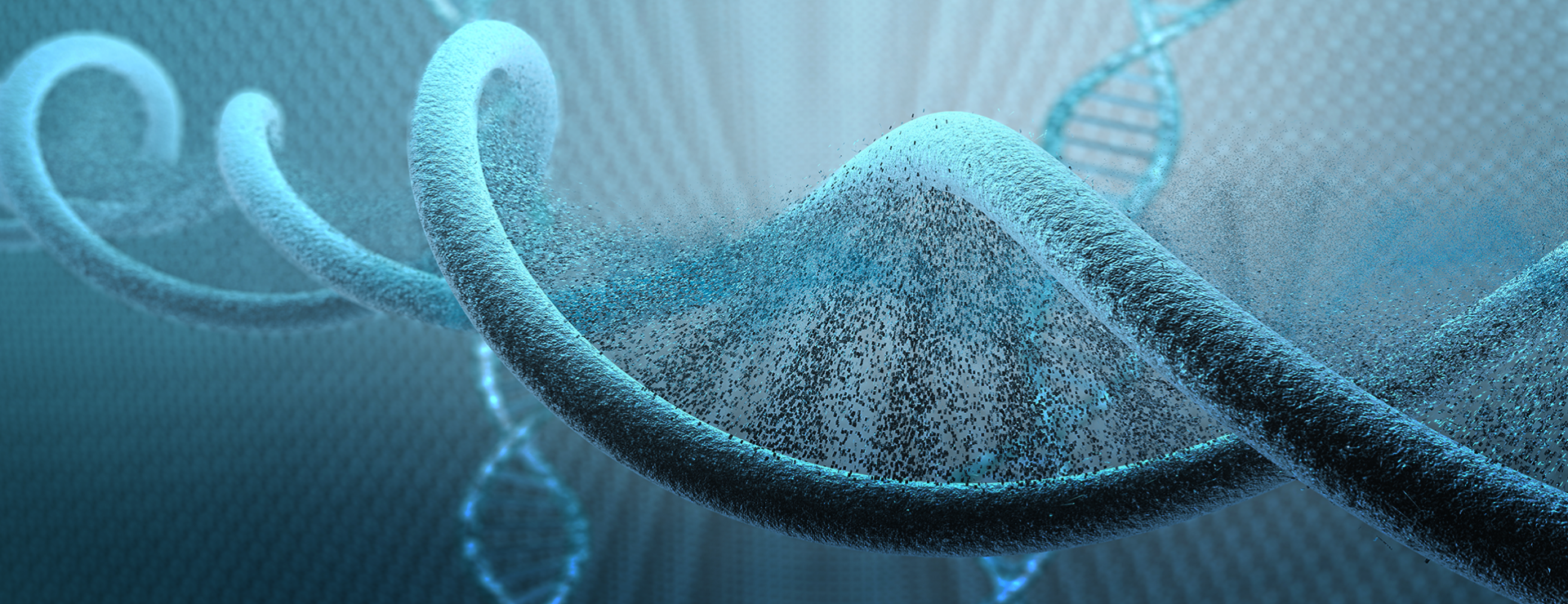
GABRG1
Facebook Support Group
Guide to Pharmacology
Share Your Story
What Is GABRG1
The GABRG1 gene is responsible for producing a protein called the gamma-1 subunit of the GABA-A receptor. The GABA-A receptor is a receptor found in the brain that plays a crucial role in regulating brain activity.
Imagine the GABA-A receptor as a lock on the surface of brain cells, and the neurotransmitter called gamma-aminobutyric acid (GABA) as the key that fits into this lock. When GABA binds to the GABA-A receptor, it has a calming effect on the brain, reducing brain activity and promoting relaxation. Read More
Symptoms of GABRG1?
Mutations or variations in the GABRG1 gene, which encodes a subunit of the GABA A receptor, have been associated with certain neurological conditions. However, specific symptoms can vary widely depending on the specific mutation and its impact on GABA A receptor function.
As of my knowledge cutoff in September 2021, some reported symptoms associated with GABRG1 variants include:
- Epilepsy: GABRG1 variants have been linked to various forms of epilepsy, including generalized epilepsy with febrile seizures plus (GEFS+) and other seizure disorders. Seizure types and their frequency can vary among affected individuals.
- Developmental delay and intellectual disability: Some individuals with GABRG1 mutations may experience delays in reaching developmental milestones, such as motor skills, language acquisition, and cognitive abilities. Intellectual disability, ranging from mild to severe, has also been reported.
- Language and speech impairments: Difficulties with speech and language development, including expressive and receptive language delays, articulation problems, and communication challenges, may be present in some individuals.
- Autism spectrum disorder (ASD): Features consistent with ASD, including impaired social interaction, communication difficulties, repetitive behaviors, and restricted interests, have been reported in individuals with GABRG1 variants.
- Behavioral and psychiatric manifestations: Emotional and behavioral issues, such as anxiety, aggression, attention deficits, hyperactivity, and mood disorders, have been observed in some individuals with GABRG1 mutations.
It’s important to note that these symptoms are general observations, and the specific symptoms and their severity can vary among individuals with GABRG1 variants.
Furthermore, ongoing research and advancements in genetic studies may provide further insights into the specific symptoms associated with different GABRG1 mutations. If you or someone you know has concerns about a specific genetic variant or condition related to GABRG1, it is recommended to consult with a healthcare professional, such as a genetic counselor or a medical geneticist, for a comprehensive evaluation and personalized information based on the individual’s specific genetic variant and clinical presentation.
Disclaimer: It is important to note that our understanding of GABA A Variants and their associated symptoms is an ongoing area of research. As of now, there may still be limited information available regarding the specific symptoms and implications of these genetic variations. It is recommended to consult with healthcare professionals or genetic specialists, and stay updated with the latest scientific research, as ongoing studies and advancements may provide further insights into GABA A Variants and their related symptoms.
Cure GABA A Variants non-profit and cureGABAa.org does not provide medical advice. It is intended for informational purposes only. It is not a substitute for professional medical advice, diagnosis or treatment. It does not diagnose, it produces a ranked list of suspected genes which provide assistance for rare hereditary disease cases. Patients should discuss their findings with their healthcare provider. Cure GABA A Variants does not intend to diagnose patients. It is providing information in order for patients to find and get better management of expert certified clinical assistance.

